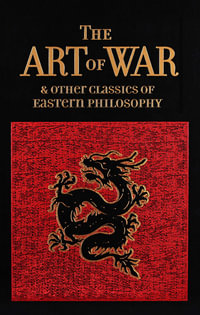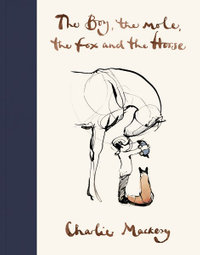Part 1 Three kingdoms and unified Silla: origins of Korean culture - the foundation myth, Korea in the Chinese dynastic histories, founders of tribal federations; the rise of the three kingdoms - development of the three kingdoms, Wonch Uk and the consciousness-only school, belief in the pure land, divination ceremonies, copying scriptures; poetry and song; local clans and the rise of the meditation school; the rise of local chiefs, establishment of the meditation school, geomancy. Part 2 Koryo: introduction; early Koryo political structure - founding of the kingdom, expansion of Confucian polity, Koryo's foreign relations; Koryo society - the Confucian scholar, life of the aristocrat, the scholar and Buddhism, the family, development of agriculture, political thought, tribal councils, social structure; ancient customs and religion - ancient customs, the introduction of Buddhism, Koguryo Buddhism, Paekche Buddhism, Silla Buddhism, Maitreya and esoteric Buddhism, rapprochement between Buddhism and shamanism, the Hwarang; consolidation of the state - unification of the three kingdoms, Confucian political thought, Confucian learning, Chinese learning and the growth of the educated class, Taoism; the rise of Buddhism - Wonhyo's Buddhist philosophy, Uisang and the flower garland school, social change, peasants and slaves; military rule and late Koryo reform - establishment of military rule, civilians under military rule, peasant and slave unrest, relations with the Mongols, late Koryo reforms; Buddhism - the Ch'ont'ae and Chogye schools - Buddhism in early Koryo, Buddhism and Koryo society, resurgence of Buddhism, Chinul and the Chogye school, publication of the Tripitaka; popular beliefs and Confucianists - native beliefs, geomancy, Taoism and shamanism, neo-Confucianism, history. Part 3 Early Choson: introduction; founding the Choson dynasty; political thought in early Choson - ruling the new dynasty, new government, the kingly way, the way of principle, on sage learning; culture - invention of the Korean alphabet, education and scholarship, the recruitment examinations, compilation of history, printing books, science and technology, invention and use of rain gauges, compilation of medical books; social life - Confucian protests against Buddhism, the role of rites, funerary and ancestral rites, the position of women, propagation of Confucian values; economy - the land system, promotion of agriculture, wealth and commerce, circulation of currency, precious metals, development of rural markets; thought - Kwon Kun, Kyongdok, Yi Onjok, Yi Hwang, the four-seven debate, Yi I; Buddhism.

























